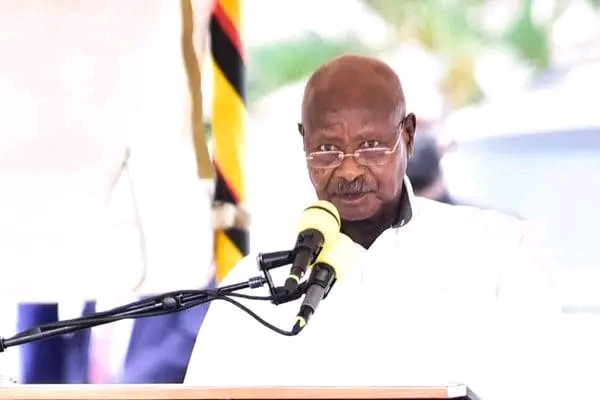By Ollus Ndomu
Uganda has strongly criticized the recent decision by the United States to exclude it and the Central African Republic from a tariff-free trade program, attributing the move to apparent resistance by African nations against the imposition of Western cultural values. The action has sparked widespread criticism and accusations of ulterior motives.
This move was announced by U.S. President Joe Biden, who cited “gross violations” of internationally recognized human rights as the reason for blocking Uganda and the Central African Republic from the trade program. The Ugandan government officials, however, have linked this action to attempts by the United States to pressure Uganda into overturning an anti-homosexuality law passed by its parliament in May.
The response from Ugandan authorities was swift and condemnatory, labeling the U.S. action as punitive and aimed at African nations resistant to conforming to Western cultural norms. According to these Ugandan officials, the move is seen as an undue external interference in the sovereignty of the country’s legislative process and cultural values.
The controversy arises from the U.S. administration’s decision to link access to the trade program with concerns over human rights practices in Uganda, especially focused on recent legislative decisions, notably the passing of a law addressing homosexuality. The Ugandan government views the law as an internal matter, and the attempt to pressure them into reversing it is seen as an unwarranted influence over its domestic policy-making.
While the United States justified its actions based on human rights concerns, the move raises questions about the intersection of trade privileges with perceived cultural expectations imposed by external actors on sovereign nations. The affected countries have highlighted the potential economic implications arising from being barred from the tariff-free trade program.
Critics have condemned the U.S. decision as a sign of neo-colonialism, echoing broader debates about external influences and cultural interventions in African affairs. The move raises the pertinent issue of whether such actions, even if ostensibly justified by human rights concerns, infringe upon the sovereignty and self-determination of nations.
The actions and reactions between the U.S. and African nations draw attention to the complexities in the realms of trade access, human rights, and cultural practices, setting the stage for a broader discourse about the implications of such decisions on national autonomy and sovereignty.
As discussions and debates continue, the recent move has set off a deeper exploration into the power dynamics at play in international relations, particularly concerning the intersection of human rights concerns and a nation’s cultural and legislative sovereignty.


